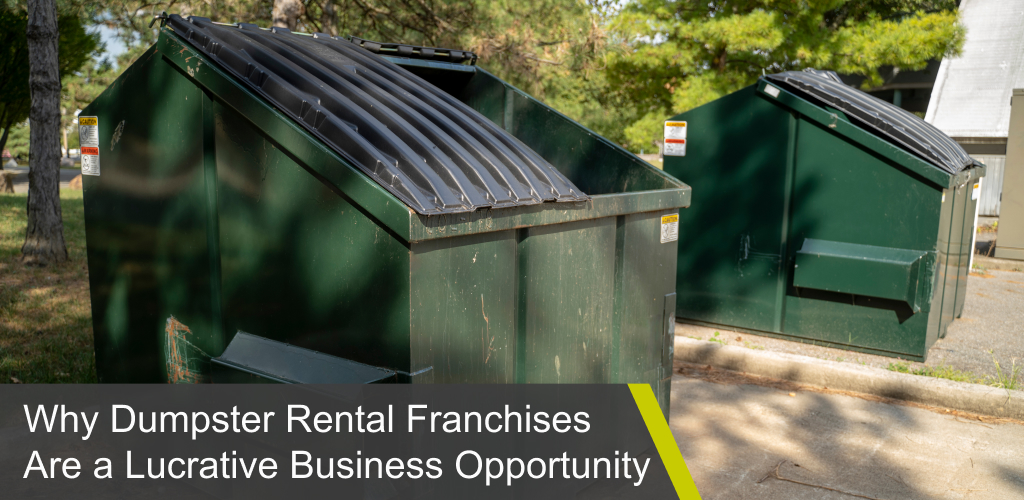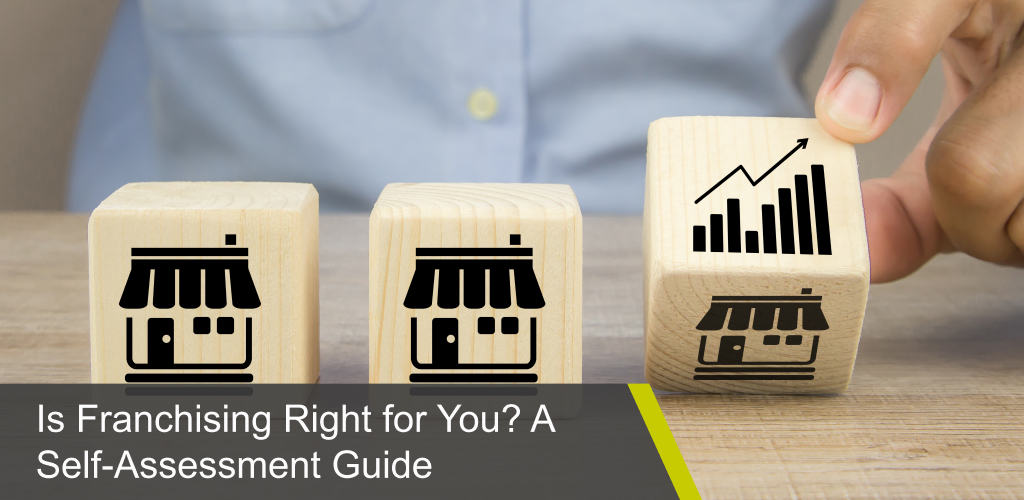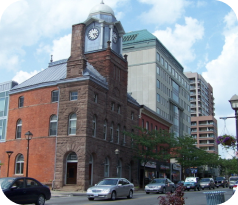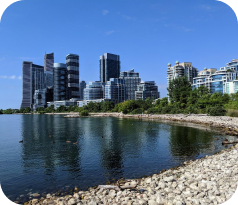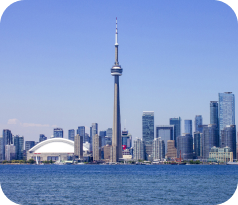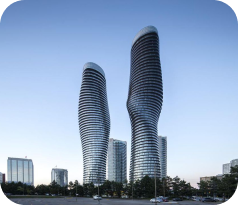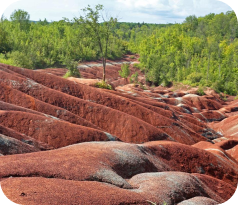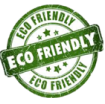What is Considered Clean Fill Disposal?
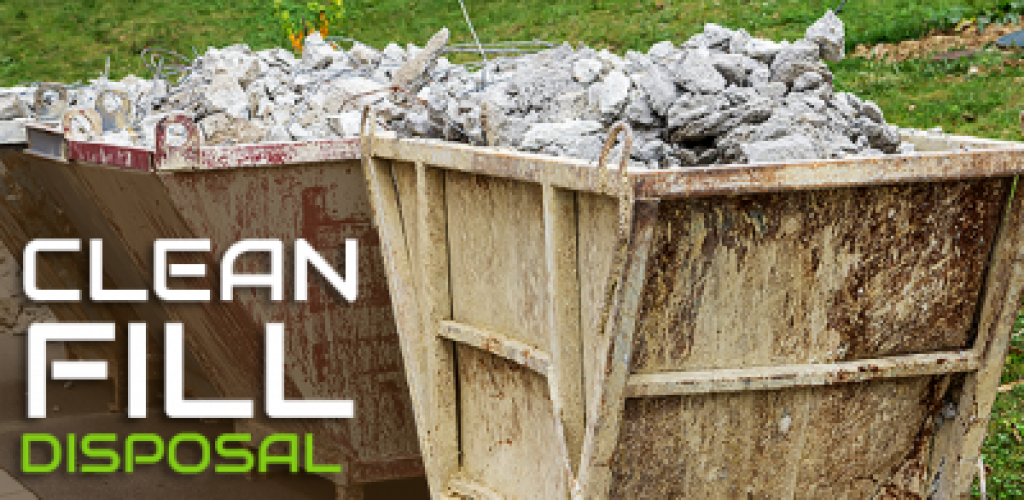
What is Considered Clean Fill Disposal?
When renting a waste disposal bin for your next construction project, it’s important to know how the different types of waste affect your costs and how each material is treated once it is taken away.
This will help you to understand the importance of ensuring that only the right materials end up in each bin, preventing materials which can be recycled from being contaminated and ending up in a landfill instead of another construction site.
Clean fill refers to a specific type of waste materials that can be recycled or reused in future construction projects. In this case “clean” refers to being environmentally clean, meaning that the materials are free contaminants that may cause harm to people, animals, or environments that they come into contact with.
Common contaminants include corrosive, combustible, radioactive, noxious, reactive, or zootoxtic materials.
Building materials accepted as clean fill disposal includes brick, concrete, dirt, top soil, gravel, sand, rubble, and cement. Man-made materials can be broken down and used in the creation of new bricks or concrete while gravel, sand, and dirt can be used as filler for a variety of purposes.
Most disposal companies will charge less if these materials are unmixed and certain materials, such as asphalt, can only be recycled if they have not been contaminated by other materials. If you are clearing a large amount of asphalt from a work space, be sure to get a separate bin for it so that it can be recycled by other construction sites.
These waste materials are typically used in other construction projects to raise the elevation of a lot or a partial lot, change the contours of a site in order to improve drainage, level a work site, replenish eroded soil, and to create a sub-foundation on otherwise unbuildable terrain.
Clean fill does not include:
- Organic or biological waste including food or yard waste
- Metals
- Plastics
- Cardboard
- Contaminated soil
- Glass
- Fiberglass
- Hazardous household waste such as chemicals, appliances, tires, or electronics
Construction sites and renovations often create large quantities of clean fill which can then be traded to other construction or job sites.
An environmentally responsible practice, this ensures that waste materials are put to good use and do not end up in our landfills. An important aspect of good construction site management is properly disposing of the wide variety of waste materials that such a job site can create. Luckily there are always people looking for clean fill in order to complete projects of their own.
